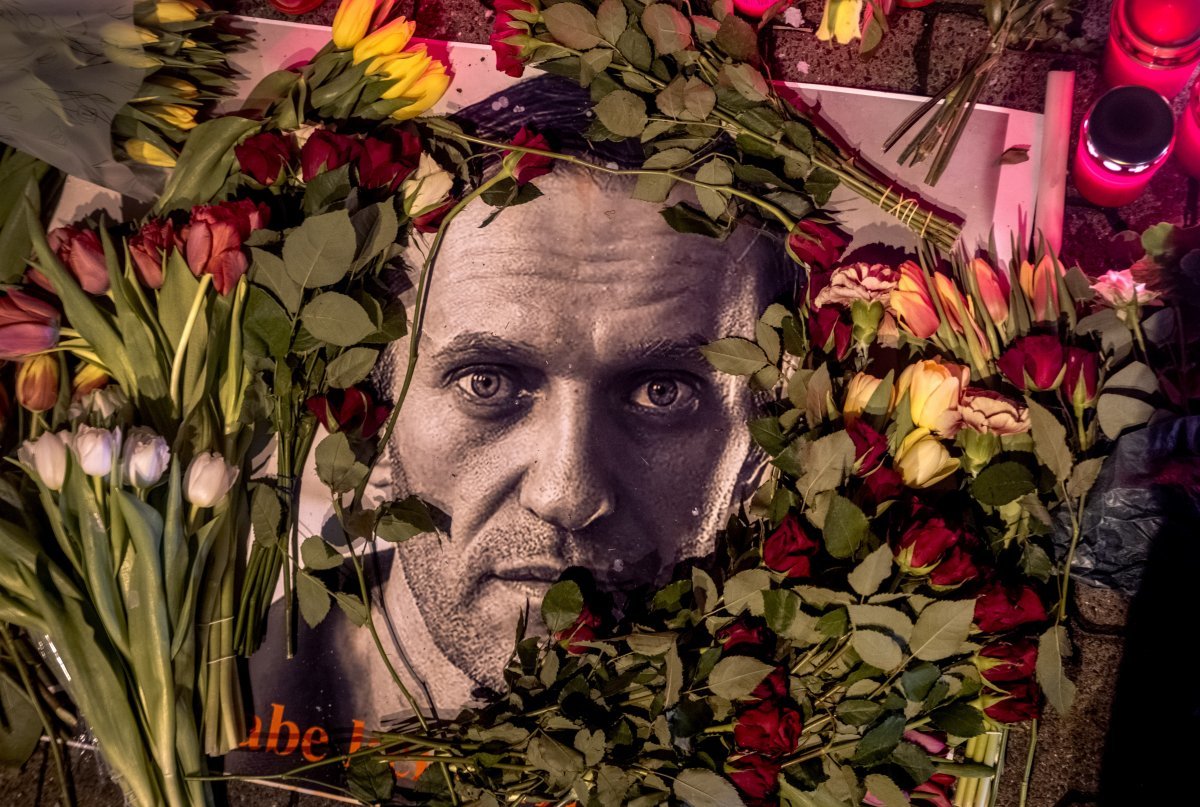Russian President Vladimir Putin’s biggest political opponent, anti-government activist Alexei Navalny (48), who recently died mysteriously in prison, is said to have mentioned Korea in a letter from prison while expressing his desire for liberal democracy in Russia.
On the 19th (local time), the New York Times (NYT) shed light on Navalny’s life by releasing excerpts of handwritten letters he sent to acquaintances in the last months before his death.
In a letter sent to his acquaintance and media businessman Ilya Krasilshchik last September, Navalny wrote that South Korea and Taiwan had transitioned from dictatorship to democracy and that he would not lose hope that Russia could do the same.
The NYT reported that Navalny, who was imprisoned in January 2021, criticized the harsh prison conditions but showed a proactive lifestyle.
Navalny called his prison life “space voyage.” He wrote in a letter to an acquaintance, “You cannot understand Russian prison life unless you experience it. But there is no need to experience it,” he wrote.
In a letter to Mikhail Fishman, a Russian liberal journalist in exile in the Netherlands, he said, “I really miss even the hardships of everyday life, such as the news, food, salary, and gossip around us.”
 Photos and flowers are placed in front of the Russian consulate in Frankfurt, Germany on the 17th (local time) to mourn the death of Russian opposition leader Alexei Navalny. Frankfurt = AP/Newsis
Photos and flowers are placed in front of the Russian consulate in Frankfurt, Germany on the 17th (local time) to mourn the death of Russian opposition leader Alexei Navalny. Frankfurt = AP/NewsisNavalny also exchanged letters with Kerry Kennedy, the daughter of American politician Robert F. Kennedy, who was assassinated in 1968. “I cried two or three times while reading a book about my father,” he wrote in the letter. He then expressed his gratitude for sending a poster with the phrase from Robert Kennedy’s speech, “The wave of hope spreads into the millions and breaks down the walls of oppression and resistance,” and expressed hope that one day he will be able to hang this poster on his office wall.
Navalny spent his prison days surrounded by books, including Kennedy’s. Last April, he wrote to Krasilshchik that he was reading 10 books at the same time and that he had come to like memoirs, which he had previously despised.
He said that he reread Aleksandr Solzhenitsyn’s novel ‘Ivan Denisovich, A Day in the Life of a Gulag’, which deals with the concentration camps during the Stalin era, and that he finally began to understand the corruption of Soviet-era labor camps while suffering from hunger for several months after the hunger strike.
In a letter last July, he recommended nine books on the subject to Krasilshchik, including a three-volume, 1,012-page book by 1980s Soviet dissident Anatoly Marchenko.
The last letter arrived on the 13th, three days before his death. It states that the only books that can be read in the new prison are classics by Tolstoy, Dostoevsky, and Chekhov.
Navalny died suddenly in the 3rd prison of the Yamanenenets Autonomous Region in Siberia on the 16th. The Federal Correctional Service has not disclosed the exact cause of death, only saying that he collapsed and lost consciousness after a walk. It has not been officially revealed where exactly Navalny’s body is buried.
Hyewon Lee, Donga.com
Source: Donga
Mark Jones is a world traveler and journalist for News Rebeat. With a curious mind and a love of adventure, Mark brings a unique perspective to the latest global events and provides in-depth and thought-provoking coverage of the world at large.